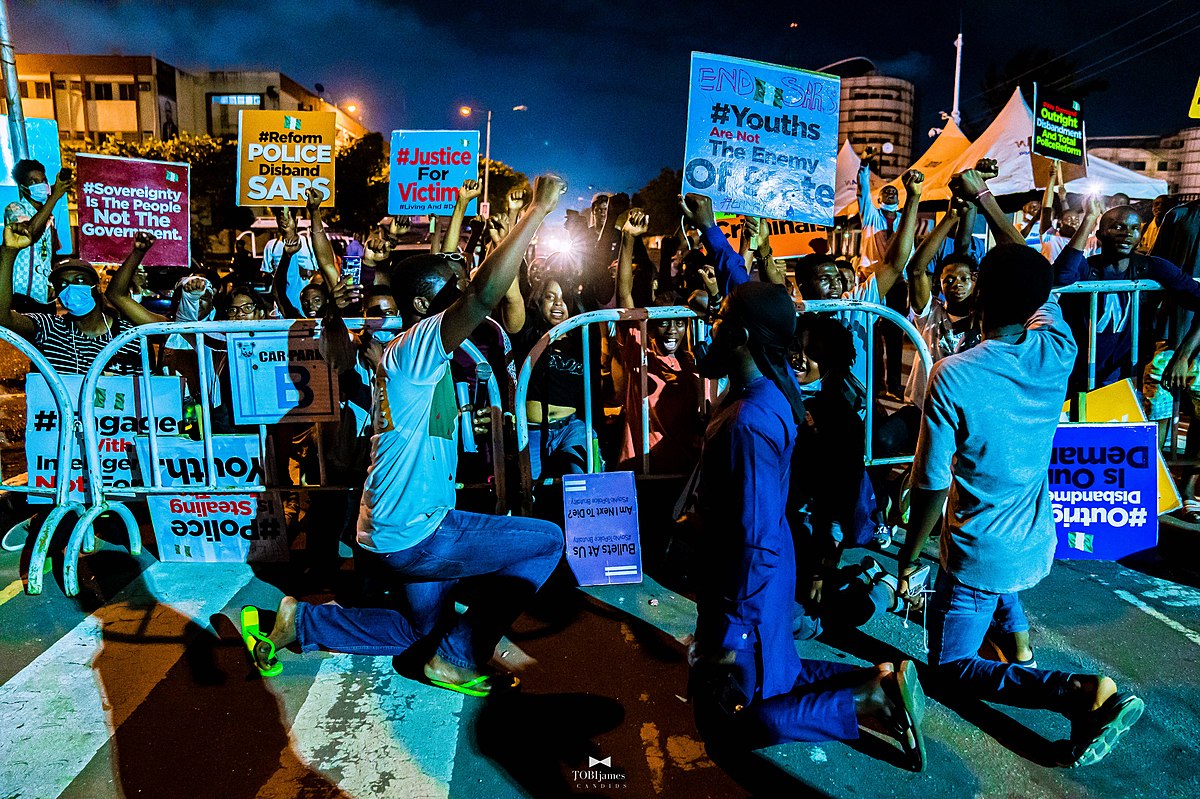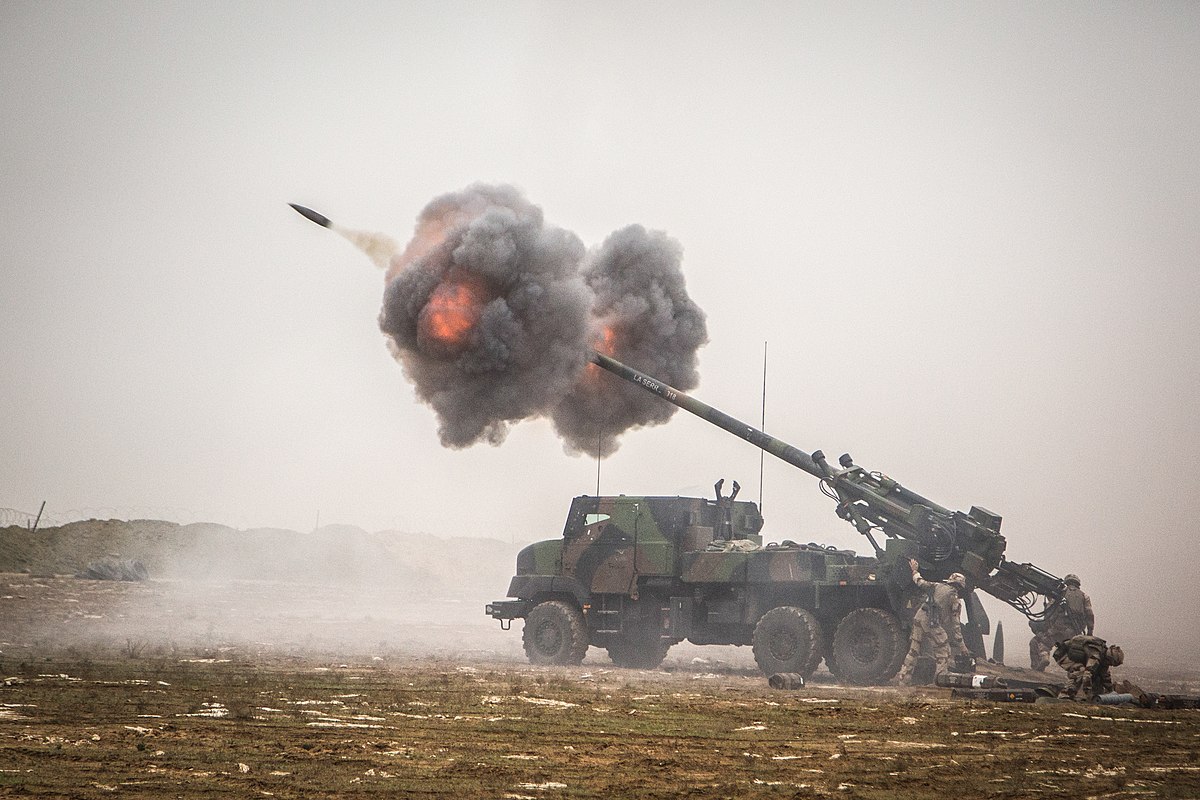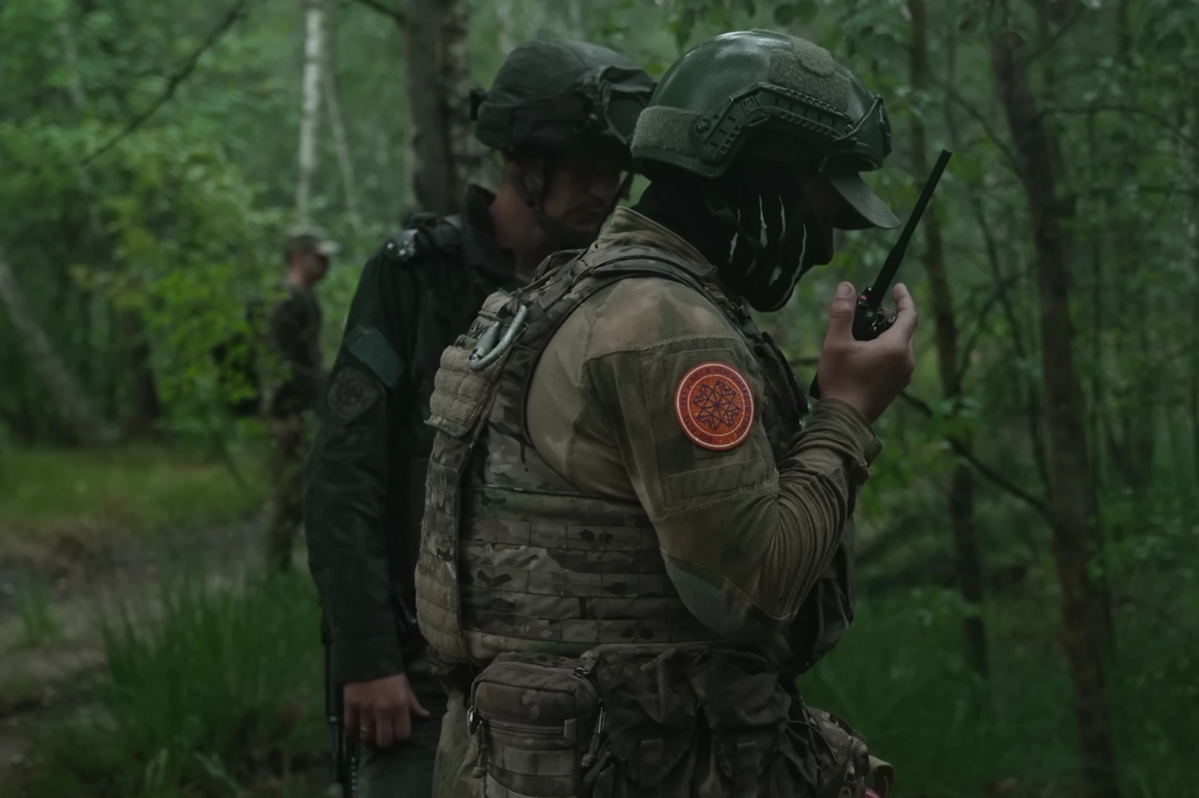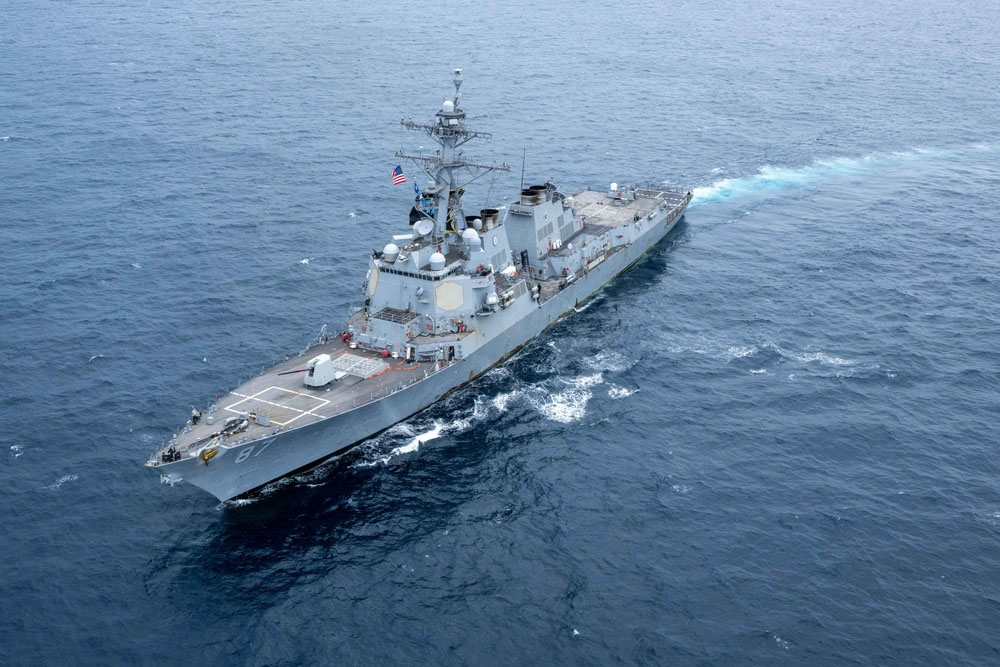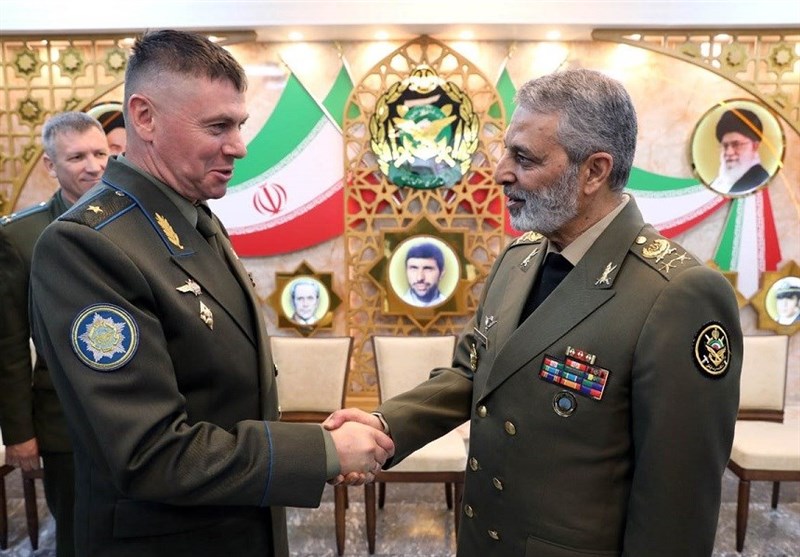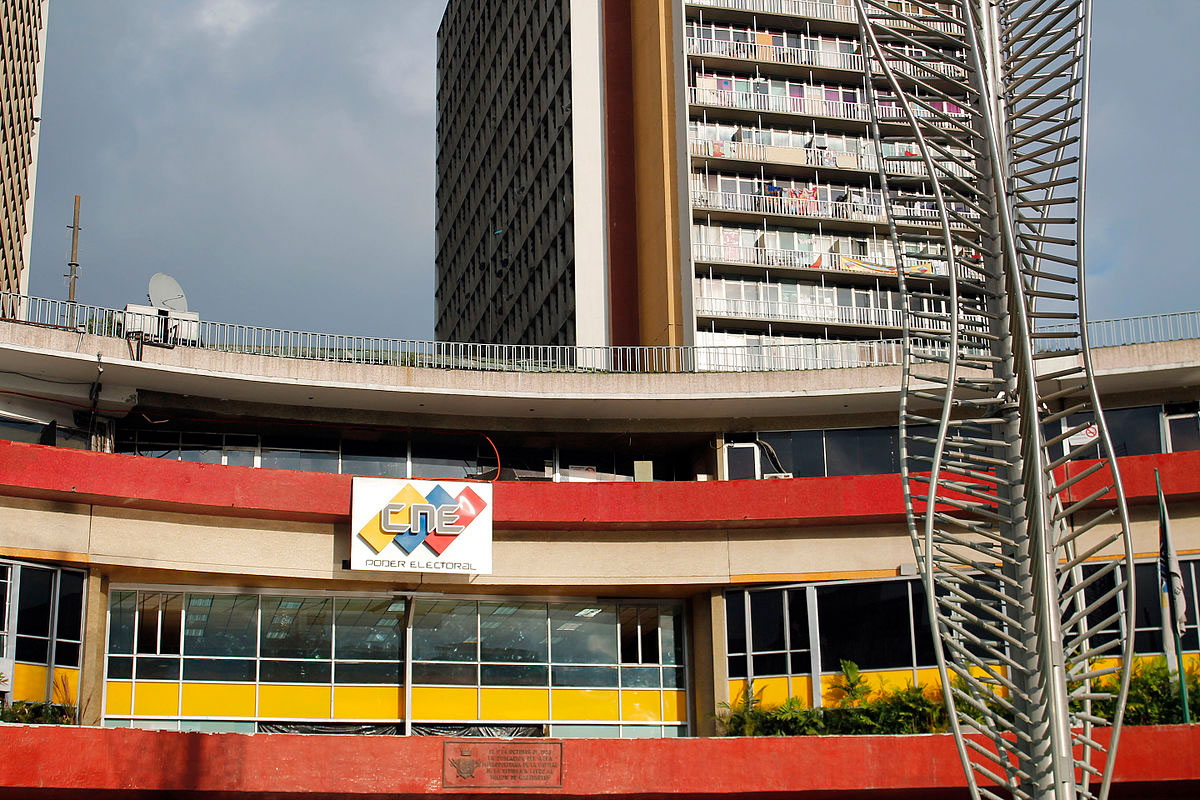
Venezuela’s National Electoral Council, which announced fabricated numbers on election night.
‘The governments of China, Russia, and Iran, close to the regime of Nicolás Maduro and with major economic and military interests in Venezuela, congratulated the Venezuelan dictator for the electoral victory that he has claimed for himself amid accusations of fraud.”
Venezuela’s recent presidential election has been the subject of significant criticism from election observers and the international community.[i] In addition to the electoral irregularities and uneven playing field before election day, the Maduro regime delayed the announcement of election results due to an alleged cyber-attack from North Macedonia. When the regime’s National Electoral Council, an institution it firmly controls, eventually announced the results, voters immediately knew the numbers were fabricated.[ii] The first excerpted article from Excelsior, Mexico’s second-oldest daily newspaper, reports that much of Latin America sees the situation similarly, and many countries have decided to withhold their recognition of the election results until the National Electoral Council shows the vote tallies proving Maduro’s win. Thus far, the outlet reports, the regime has provided incredible excuses for why it cannot provide them—first, the purported cyber-attack, followed by the claim of a hack by Elon Musk.[iii] In response, the outlet says Maduro decided to break diplomatic relations with seven Latin American countries that criticized Venezuela’s electoral process and lack of transparency.
Contrary to much of Latin America’s criticism, Venezuela’s authoritarian allies were quick to recognize Maduro’s victory. The second excerpted article from Argentine media outlet Infobae, recounts how China, Russia, and Iran immediately recognized Maduro’s “victory” given the importance of their alliance. Russia, the outlet states, went beyond recognition and pledged further military support for Caracas. Cuba, Nicaragua, Bolivia, and Honduras have also recognized Maduro’s claim of victory.
Maduro’s inability to produce vote tabulations proving his victory will further isolate him from the West and send him deeper into the arms of his fellow authoritarians. This is notable given the months preceding the election featured regional diplomatic engagement to keep the elections on track. Conversely, China, Russia, and Iran have an interest in keeping Maduro in power because his regime thumbs its nose at the United States and continues to provide them with a strong foothold in Latin America.
Sources:
“Venezuela rompe relaciones diplomáticas con 7 países latinoamericanos (Venezuela breaks diplomatic relations with 7 Latin American countries),” Excelsior (Mexico’s second-oldest daily newspaper), 29 July 2024. https://www.excelsior.com.mx/global/venezuela-maduro-rompe-relaciones-diplomaticas-siete-paises-latinoamericanos/1665230
Venezuela decided…to withdraw all its diplomatic personnel from its missions in Argentina, Chile, Costa Rica, Peru, Panama, the Dominican Republic and Uruguay, hours after these countries demanded ‘a complete review of the results’ of the elections with the presence of independent observers…The result sparked a wave of protests in Venezuelan territory and condemnation, as well as calls for transparency from the international community. In response to the request of Latin American countries, the Venezuelan Foreign Ministry said it decided to ‘withdraw all diplomatic personnel from the missions in Argentina, Chile, Costa Rica, Peru, Panama, the Dominican Republic, and Uruguay, while demanding that those governments immediately withdraw their representatives from Venezuelan territory.’
“China, Rusia e Irán felicitaron a Nicolás Maduro tras el fraude electoral en Venezuela (China, Russia and Iran congratulate Nicolas Maduro after electoral fraud in Venezuela),” Infobae (an Argentine outlet with excellent regional coverage), 29 July 2024. https://www.infobae.com/venezuela/2024/07/29/china-rusia-e-iran-felicitaron-a-nicolas-maduro-tras-el-fraude-electoral-en-venezuela/
The governments of China, Russia, and Iran, close to the regime of Nicolás Maduro and with major economic and military interests in Venezuela, congratulated the Venezuelan dictator for the electoral victory that he has claimed for himself amid accusations of fraud…Kremlin spokesman Dmitry Peskov said at his daily press conference that Moscow intends to continue deepening cooperation with Caracas in all areas, including ‘sensitive’ ones, such as military-technical cooperation. In Latin America, the governments of Cuba, Nicaragua, Honduras, and Bolivia, which are all sympathetic to the Chavista regime,also spoke in favor of Maduro.
Notes:
[i] For more information on the fraud and how it was committed, see: Ryan C. Berg and Christopher Hernandez-Roy, “Can Maduro Pull Off the Mother of All Electoral Frauds,” Center for Strategic & International Studies, 1 August 2024. https://www.csis.org/analysis/can-maduro-pull-mother-all-electoral-frauds
[ii] Writing in the Wall Street Journal, opposition leader Maria Corina Machado details how the opposition mobilized a volunteer network to collect electronic voting tabulations from voting machines, giving them proof of Maduro’s fraud. See: “I Can Prove Maduro Got Trounced,” Wall Street Journal, 1 August 2024. https://www.wsj.com/articles/i-can-prove-maduro-got-trounced-venezuela-election-stolen-772d66a0
[iii] After a highly public back-and-forth with Elon Musk on X (formerly Twitter), Maduro blocked access to X in Venezuela for an initial period of 10 days. See: Vivian Sequera and Mayela Armas, “Venezuela’s Maduro blocks X access in country for 10 days,” Reuters, 9 August 2024. https://www.reuters.com/world/americas/venezuelas-maduro-signs-decree-blocking-x-access-10-days-2024-08-08/
OE Insight Summary:
Fraudulent elections in VEN have been denounced by much of Latin America; after the election, the Maduro regime is leaning further into alliances with authoritarian allies CHN, RUS, and IRN.
Image Information:
Image: Venezuela’s National Electoral Council, which announced fabricated numbers on election night.
Source: https://commons.wikimedia.org/wiki/File:Consejo_Nacional_Electoral_Cne_Fachada_Posterior.JPG.
Attribution: CC BY-SA 3.0.

